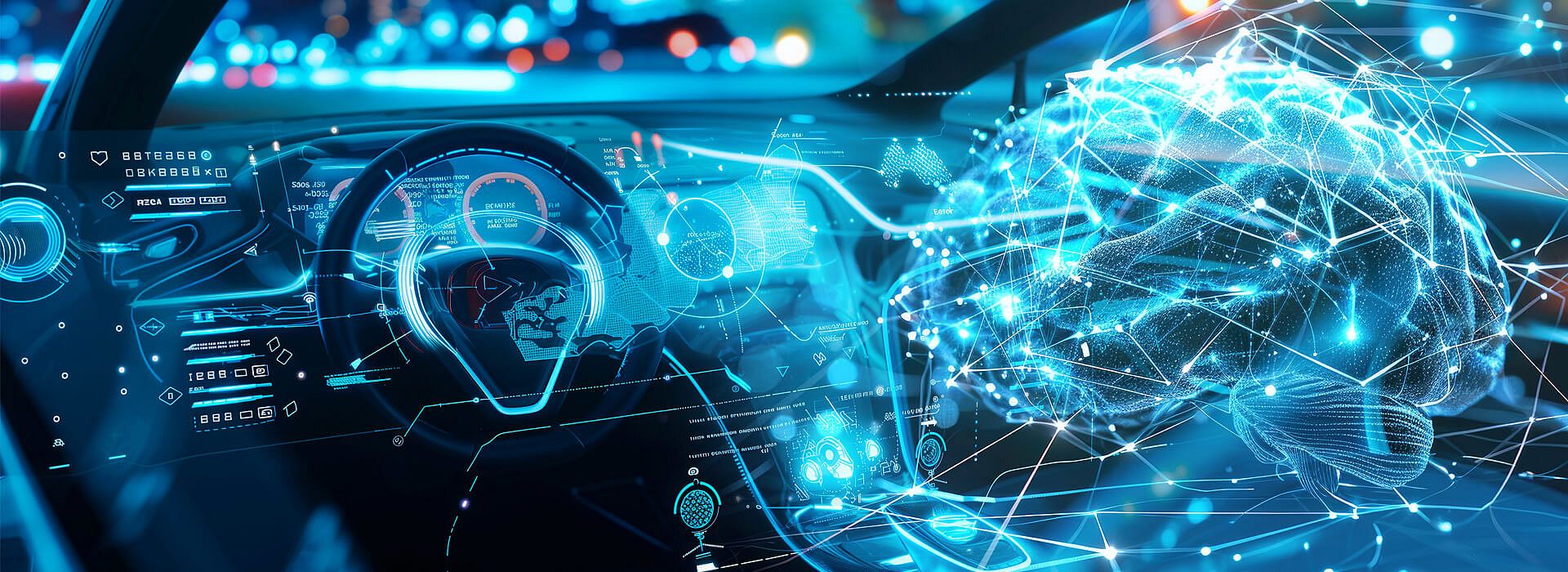
Event-based perception algorithms for autonomous driving
Autonomous vehicles rely on a variety of sensors such as cameras, LiDARs and RADARs to navigate and understand their environment. Efficient on-board processing of this sensor data is critical for real-time decision making and safety. This project investigates how brain-inspired algorithms, in particular Spiking Neural Networks (SNNs), can improve the efficiency and performance of sensor data processing in autonomous driving.
SNNs, known for their energy efficiency and low latency, offer a promising alternative to traditional deep learning approaches. fortiss aims to scale these neuromorphic methods to tackle complex tasks such as 3D object recognition and compare their performance with existing deep learning models. Since fortiss is based on state-of-the-art open source projects, direct comparability and relevance is guaranteed. The aim is to demonstrate the advantages of neuromorphic computing in autonomous driving and to provide insights into future applications and developments.
The research project evaluates the scalability and performance of Spiking Neural Networks (SNNs) for complex perception tasks in autonomous driving, in particular 3D object recognition. Through the use of neuromorphic computing, fortiss aims to develop SNN models tailored to high-dimensional, multimodal sensor data. The fortiss scientists will compare these models with traditional deep learning approaches, focusing on accuracy, latency and energy efficiency.
The methodology includes data pre-processing, algorithm development and performance evaluation using open-source datasets such as KITTI and Waymo. The fortiss experts expect to demonstrate the benefits of SNNs in terms of energy efficiency and response time, identify scalability challenges and provide practical recommendations for the integration of SNNs into autonomous systems. This research is intended to provide small and medium-sized enterprises (SMEs) with insights into the use of neuromorphic computing for improved autonomous driving technologies.
01.10.2022 – 31.01.2024
